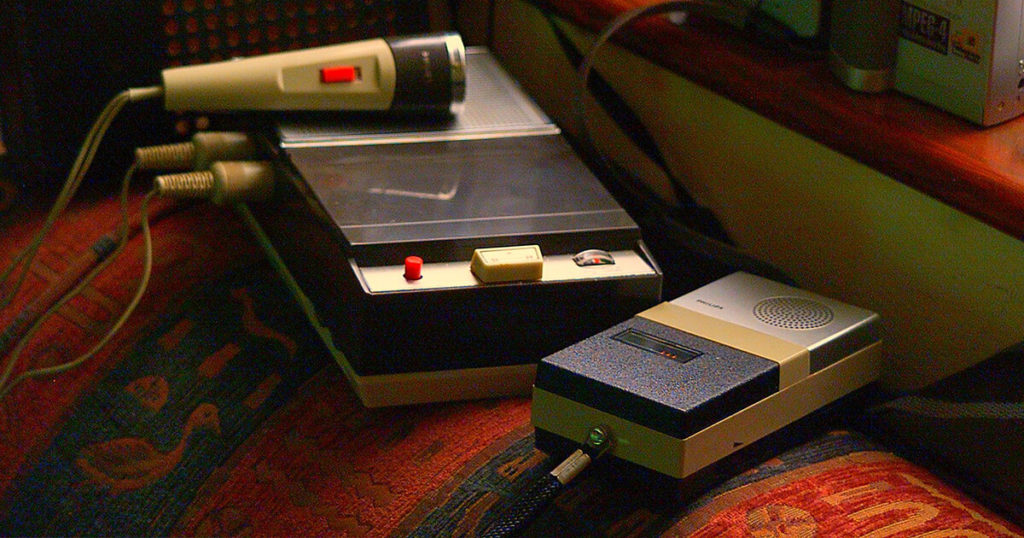
No man is an island, but 38 million can be, I concluded, washing up in Spain in the mid ’80s. It was rather a surprise, being here, because I hadn’t realized I was adrift at sea until stumbling ashore. I set about to make the most of it. I met the natives, made friends of some of them, learned to live as the natives did. “It’s like this, like that,” I was instructed, and I nodded, thinking though that I had learned a different way. Sometimes I was the one instructing. I could have left, but I didn’t, except for short sojourns, perhaps because of all that water to navigate. Still, on the shore of your island redoubt, you dream of belonging to a place. A place, you hope, where rather than teach and learn, day in and out, you and whoever you’re with would simply walk along together in shared knowledge. Oh well, you think, maybe one day …
“Caroline?” asked my student, a woman about my age. She was wondering about the spelling of the name in the textbook exercise. “Yes,” I answered, “a variation of Carol.” Immediately I was transported to Albuquerque, circa 1973, to a hot treeless street where I sat with the window down in my dad’s black Mercedes, parked outside a shop while he and my brother were inside. I had my brother’s flat cassette player and a tape of Tommy Roe’s greatest hits. “Carol” was not my favorite among them, but I listened to it often enough to remember it now, decades later. No need though to mention it to my student—Carols were many: Carole King, Carol Burnett, Carole Lombard. Carol, the movie.
We also use Carolyn, I told her. And even Carolina, same as the Spanish name.
That seemed to surprise her. “Yes, yes,” I said, suddenly taken back to Christmas Day 1975. I was in bed at the end of the full day, with my new Panasonic radio cassette player on the bedside table, a machine that could both play and record. A familiar song came on the radio, and reaching over, I pressed the button and recorded my first song, “Carolina in the Pines.” What a feat of technology that was! I was recording the song onto a cassette but also into my brain. “‘Carolina in the Pines,’” I said to my student, “was a song,” and when she cocked her head in question, I drew a tree on the board. It would have been easy enough to tell her the Spanish word, but I try not to translate. Let her associate the English word with a squiggle on the board, as if starting over from the rough base of things and feelings.
She shook her heard. A song, I repeated. I couldn’t remember who sang it, but with the title I quickly found the song on my tablet. “No,” my student said with the first notes, but then with the following ones, even before the voice, she broke into a broad smile. “Yes! Michael Martin Murphey!” she exclaimed in Spanish. “I love country! I know that song!”
Christmas in Durango, 1975. She wasn’t there. A trip to Albuquerque a couple of years earlier. She hadn’t been there either. Belgium, where she was born, and Gijón of the ’70s where she grew up—unknown to me. I’m willing to learn. But best is when an acquaintance names an experience, and I know it too, even if it’s a strand of music, a voice, a plea or a declaration. It doesn’t make me permanent, but it might mean I have a friend while I’m hanging out, waiting for that place and time where life isn’t so provisional.

